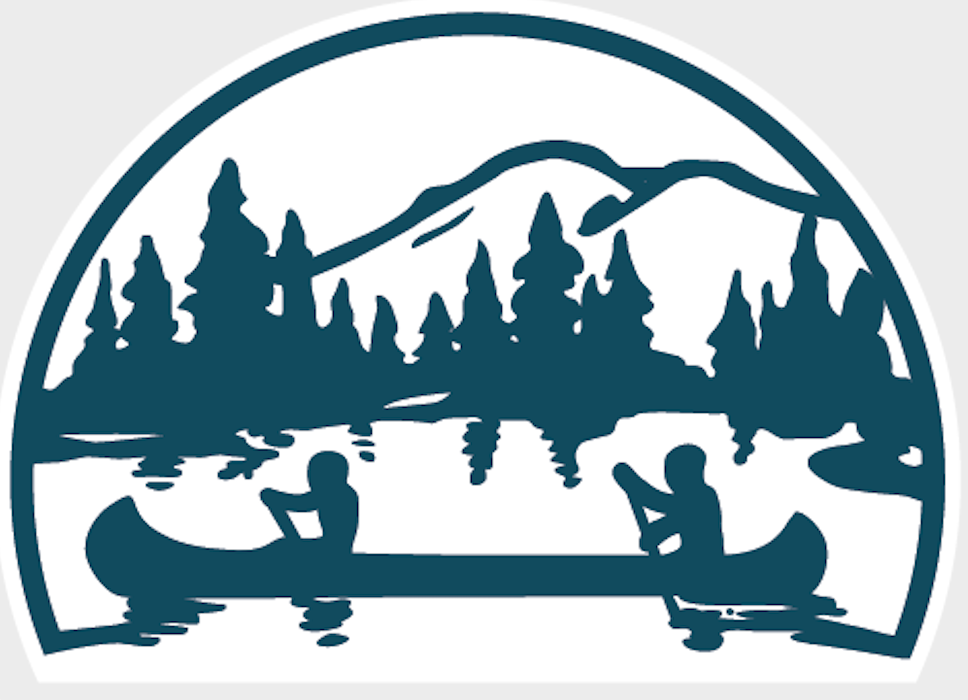Thirty-seven years ago, as a high school senior with three years of world history under my belt, I took an Advanced Placement test. History was my favorite subject, and back in my day, only the top kids in each subject would take the AP test. Last week, I dropped off my 14-year-old, 9th-grade daughter to take the same world history test. Her entire class, comprising mostly freshman, took the test. They have all studied very hard—even spent hours taking practice tests—and I think my daughter has done well. I still can’t comprehend how a freshman with a single year of history could be qualified to take this AP test, but that’s not my call to make. Parenting, however, is.

We as parents invest a lot of energy into helping our kids become smart and build résumés for their future. Childhood today has much more pressure and competition than when I was a kid. But might it be more valuable, if as a society, we invested as many resources into building character—helping our kids be good and do good—as we are investing in helping our kids become “smart”?
In his recent bestseller, The Road to Character, pundit David Brooks articulates the theme of character. In his words, how does one build eulogy virtues vs. résumé virtues? In life, the skills we need for the job market, the attributes “essential” for our external and financial success, are often at odds with the virtues that we hope others would attribute to us at our funeral. These are the elements of our character, our virtues: the relationships we maintain, kindness, humility, gratitude, sacrifice, concern for others, morality, integrity, responsibility, and resilience.
As parents, we all feel the pressure to raise extraordinary kids, especially as they move toward middle school and beyond. Between club and travel sports, a slew of extracurricular activities, and a quest for a great school, it’s natural to want to set our kids up for success. While résumé-building opportunities for our kids seem abundant, “building character” isn’t usually something most of us consciously schedule into our calendars. In an age of constant and shallow electronic communication; fewer opportunities for meaningful contact with wise, often older role models; standardized testing rather than classroom discussion; and media that glorifies sound bytes and celebrity over substance, building character has also become more complicated.

Emphasizing character development in our kids demands that we be strategic. As parents, we typically seize teachable moments and share examples from everyday life. We try to inspire our kids to learn humility from their successes or resilience from their mistakes. Sometimes we are lucky enough to have an outstanding teacher, coach, or youth minister who reinforces our values, but these days, we’re just as likely to have role models who emphasize “winning” over empathy, caring, or helping others.
Wouldn’t it be nice if we could get the same level of help with our kids’ character that we get with their résumés? At Camp Pinnacle, we believe that character is malleable, and that building skills that contribute to character development is very doable when approached intentionally.
Sure, we love being outdoors, but truthfully, outdoor activities are merely our medium. The community we create at Camp Pinnacle is a hospitable environment in which we are able to nourish subtle opportunities for personal growth every single day. Because camp is such different territory than home, the learning really sticks. Campers volunteer to help others; push through challenges that aren’t always comfortable; work together toward common goals; give and receive praise—all while emulating powerful, committed role models. We quietly emphasize our 5R’s: Respect, Responsibility, Reaching Out to Others, taking Reasonable Risks, and building Resilience. This framework helps kids understand that Camp Pinnacle is about more than fun and friends. We hope to build habits that transfer to life back at home.

instead of emphasize winning or “looking good,” we emphasize being good. We remove ourselves from pop culture and digital communication, and immerse ourselves instead in the simple and powerful beauty of nature. Here, kids gain perspective and a vision of the person they want to become. They get a glimpse of both their strengths and weaknesses, and through this, they build character. They can discover that they like themselves—not for what they might accomplish, but rather because of the attributes of their character.
And though a session at Camp Pinnacle is ridiculously fun and filled with lots of laughs and great new friends, ultimately I send my kids to Pinnacle not because I run the program (I actually run the program so I can send my kids here!) – but because I know that through a session at Camp Pinnacle, I can provide my children a learning and growing experience that Jane and I can’t give them by ourselves. I know our values are being reinforced, and my kids are being stretched by people my kids think are “cool”, and sometimes that makes all the difference.
